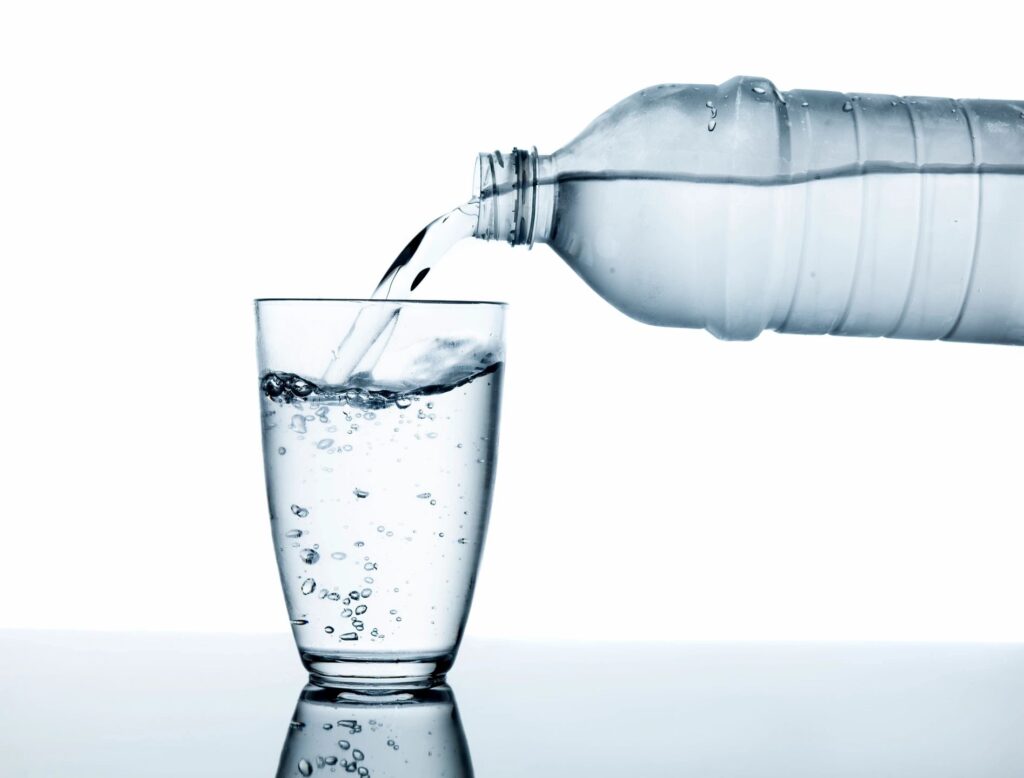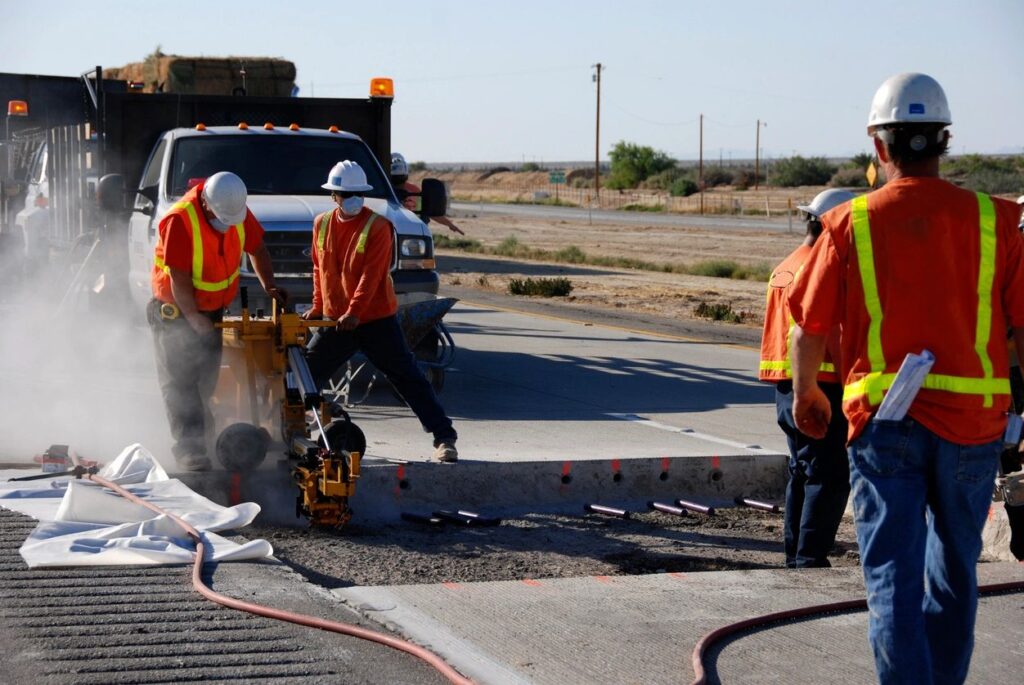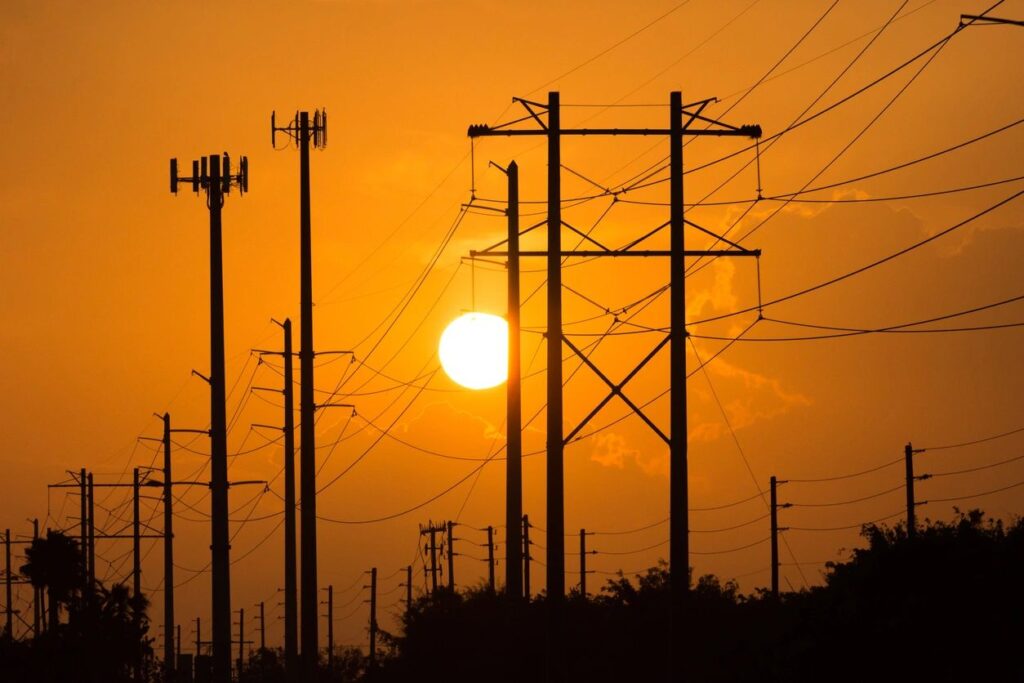The Public Works and Utilities Department are responsible for a variety of city services including but not limited to: control and management of water quality within the city limits and the development and maintenance of the city’s sewer system, water system, electric and gas utility systems and streets within the city limits.
Water

Williston Public Works manually reads approximately 2000 water meters per month. Staff works hard to control the hazards of meter reading. Therefore, we ask that all Williston water users ensure that the area around their water meter is free of debris and obstacles. Promote safe access to your water meter by removing brush, plants, or shrubs that may present a hazard for our meter readers. Make sure that landscaping allows for safe, efficient access for the meter reader. Often dogs are very protective of their home and family. Please make sure your dog is secured or restrained, so we can efficiently obtain an accurate meter reading for you.
Water is measured in gallons. Your meter is covered by a plastic case and located in the ground usually close to the edge of your property along a street where the main water line is located. The case is removed to read the meter, any immediate dirt and/or debris removed, and the case is replaced when reading is complete. A few of the meters have been updated with ERT technology and can be read remotely. Meters are City of Williston property and are not to be opened or utilized by the customer. City ordinance states that it is the responsibility of each resident and commercial customer to have their own emergency shut-off valve.
Most water leaks are from broken lateral lines and running toilets. A broken one-inch line will waste between 1,200 to 3,000 gallons per hour. A toilet leak can waste as much as 30 gallons/day. Larger leaks can use up to 5 gallons/minute. To check for a leak, turn off all faucets and water-using appliances on your property. Look at the meter. If the dial on the meter is moving, there is water passing through the meter. If you have turned all water off, this means that there is a continuous leak on the user’s side of the meter. Repair of water leaks to the property owner’s side of the meter is the user’s responsibility and might require the expertise of a plumber.
Follow this link for tips on Water Conservation.
https://willistonfl.org/water-conservation-tips/
Sewer

In addition to providing our customers with safe and reliable drinking water, the City of Williston is responsible for the collection and treatment of wastewater, commonly known as sewage.
To report a spill into the wastewater (sewer) system, please call (352) 528-3060.
The City of Williston operates one wastewater treatment facilities. The Williston Sewer Plant was originally placed into service in the 1950’s as a primary clarification plant. Numerous upgrades to add secondary and tertiary treatment now allow an average flow capacity of 200,000 thousand gallons per day, with peak flows up to 250,000 gallons per day.
Electric

You wake up early in the morning and flip on the light switch as you get out of bed. You bump into walls like a pinball walking down the hall to the kitchen to turn on the coffee pot. With one eye open and the other shut, you make it back to the bathroom and start a hot shower before work. Sound familiar?
Have you ever got out of bed thinking about how the light comes on? How does the shower get hot? Electric is like the air we breathe; we don’t think about it until we don’t have it. We only realize how important power really is during a power failure, sitting in a dark room, instinctively hitting the useless light switch.
Power comes from the power plant to your house through a system we’ve come to know as “The Grid.” The power plant consists of a spinning electrical generator. The spin is created by a water wheel in a dam, diesel engine, gas turbine, but most of the time it is a steam turbine created by burning coal, oil, or natural gas. No matter what is used to spin the generator what is produced is called 3-phase AC power. Three phase power is simply three single phases synchronized and offset by 120 degrees. Think of a cooling fan with three blades.
The wires from the generator then enter a transmission substation at the power plant. The substation uses large transformers to convert the voltage, approximately 155,000 to 765,000 volts, to travel long distances, 300 miles, on the transmission grid. In order to distribute the power to your home the voltage must be stepped down from the 155,000 to 765,000 volts to a more usable voltage, typically less than 10,000 volts per one phase. This reduction or stepping down of the higher voltage takes place at local distribution substations you see around town. Ocala has over 20 distribution substations to ensure the reliability of your service.
Residential customers typically only need a single phase for their electrical needs. There is a transformer (the large drum on the pole) which reduces the 7,200 volts down to the 120/240 volts which make up your household electrical services. The 120/240 volts then enters your home through a watt-hour meter, which allows the electric company to measure your usage.
The circuit breakers and fuses inside your home are safety devices. All of the outlets and lights within your home have different wires connected separately to a circuit breaker or fuse. When the circuit breaker is on, power flows through the wire in the wall and to the outlet.
That is a lot of equipment and downsizing of electricity to get power from the power plant to the lights in your bedroom. Now as you go to flip that switch you will have a better understanding of the incredible process that takes place before your lights come on.
Natural Gas
Natural gas, the cleanest fossil fuel, is a highly efficient form of energy. Natural gas’s advantages over other fuels include the following:
- It’s dependable: You never have to worry about weather, delivery schedules or running out.
- FACT: Houses with natural gas services are not affected by the severe weather or mechanical disruptions that cause most residential electric power outages
- FACT: The nation’s most critical buildings all rely on natural gas: the Pentagon, the White House and the Capitol building all use natural gas as a heating source.
- FACT: Many natural gas utilities have been delivering natural gas for decades, some for more than a century. They are time-tested.
- FACT: Natural gas can be counted on as a primary fuel as well as the most reliable backup to renewable energies* (natural gas is there when the wind doesn’t blow or the sun doesn’t shine).
*Alternative/renewable energy sources, such as wind and solar, meet only 6% of our nation’s energy needs.
- It’s safe:
- FACT: North America’s continental natural gas pipeline system is the safest mode of energy transportation in the world today.
- FACT: The natural gas industry spends over $7 billion a year to ensure natural gas is delivered safely and reliably to your home.
- FACT: An odorant (t-butyl mercaptan) is added to natural gas by the producer so leaks can be easily detected and fixed.
- It’s clean:
- FACT: Natural gas emits 45% less carbon dioxide than electricity generated from coal
- FACT: Natural gas emits 30% less carbon dioxide than fuel oil
- FACT: Energy Policy Acts of 1992 and 2005
- It’s domestic:
- FACT: Natural gas is domestically available; 98% of all natural gas consumed in North America is produced within the continent.
- FACT: Natural gas is abundant; enough natural gas has been discovered to supply North America for well beyond 100 years.
- It’s more efficient:
- FACT: When the entire cycle of producing, processing, transporting and using energy is considered, natural gas is delivered to the consumer with a “total energy efficiency” of about 90 percent, compared with about 27 percent for electricity.
- FACT: Natural gas heats your water two to three times faster than a typical electric water heater.
- A premium product:
- FACT: With Natural Gas you can feel the warmth. That’s because unlike cooler air from an electric heat pump, a natural gas furnace delivers air that’s as much as 25 degrees warmer.
- FACT: 90% of professional chefs prefer cooking with natural gas because of the ease in controlling the cooking temperature.
Check out the document below for information on the benefits of natural gas, natural gas public safety awareness, damage prevention activities such as calling 811 before you dig and what to do in the event of gas line damage.
Natural Gas Public Safety Awareness and Damage Prevention Information
811 is the national call-before-you-dig phone number. Anyone who plans to dig should call 811 or go to their state’s 811 center’s website a few business days before digging to request that the approximate location of buried utilities be marked with paint or flags so that you don’t unintentionally dig into an underground utility line.
The City of Williston supplies natural gas to their residents. Hitting a natural gas line could end up in catastrophe!
811 protects you and your community! Hitting a buried line while digging can disrupt utility service, cost money to repair, or cause serious injury or death. Always contact your 811 center, wait the required time for utilities to respond to your request, and ensure that all utilities have responded to your request before putting a shovel in the ground.

